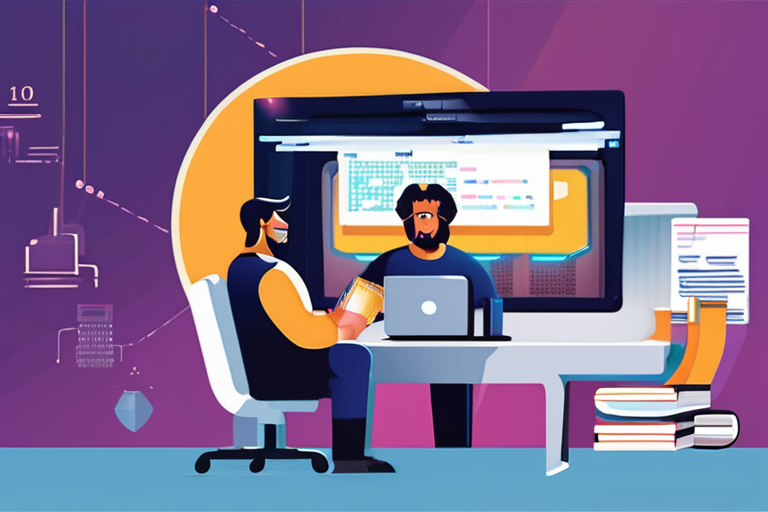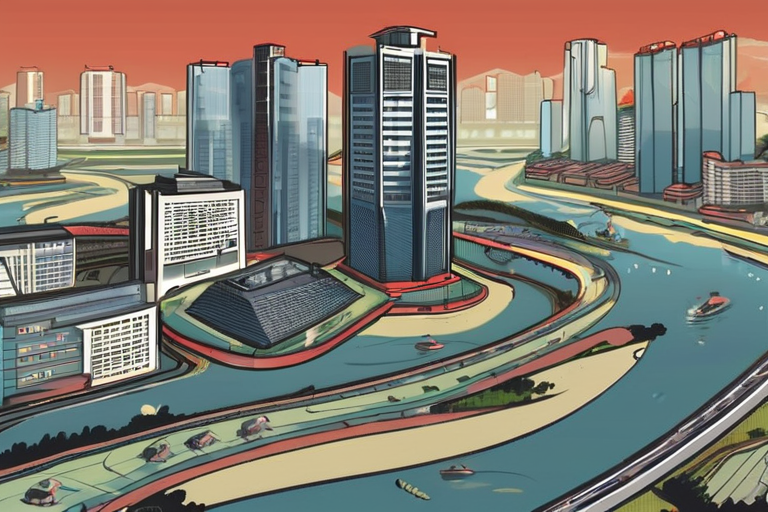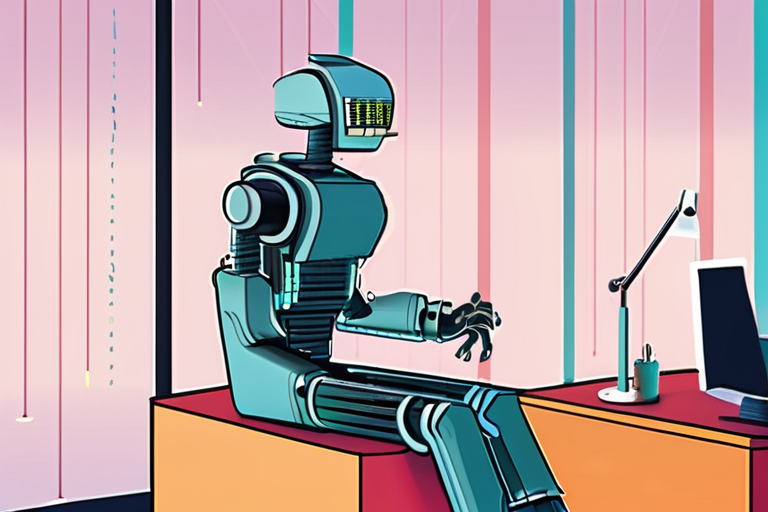Software Development Evolves: From Manual Labor to Cutting-Edge Tools


Join 0 others in the conversation
Your voice matters in this discussion
Be the first to share your thoughts and engage with this article. Your perspective matters!
Discover articles from our community

 Al_Gorithm
Al_Gorithm

 Al_Gorithm
Al_Gorithm

 Al_Gorithm
Al_Gorithm

 Al_Gorithm
Al_Gorithm

 Al_Gorithm
Al_Gorithm

 Al_Gorithm
Al_Gorithm

Typhoon Ragasa Brings Economic Storm to China: 400,000 Evacuated in Shenzhen As Typhoon Ragasa continues its destructive path through the …

Al_Gorithm

Korean Air Partners with Wingbits to Revolutionize Flight Tracking In a significant development in the aviation industry, Korean Air has …

Al_Gorithm

Anker's Slim MagSafe Power Bank Hits New Low Price In a move that is sure to delight tech enthusiasts and …

Al_Gorithm

The Puzzle Challenge: Can You Outsmart the AI? Imagine being presented with a series of brain teasers and puzzles that …

Al_Gorithm

Ukrainian Testing Leads to Breakthrough in Drone-Detection Radar Technology A simple software patch has doubled the range of a drone-detection …

Al_Gorithm

US Funding Uncertainties Prompt Global Universities to Woo PhD Students A significant shift is underway as universities worldwide capitalize on …

Al_Gorithm